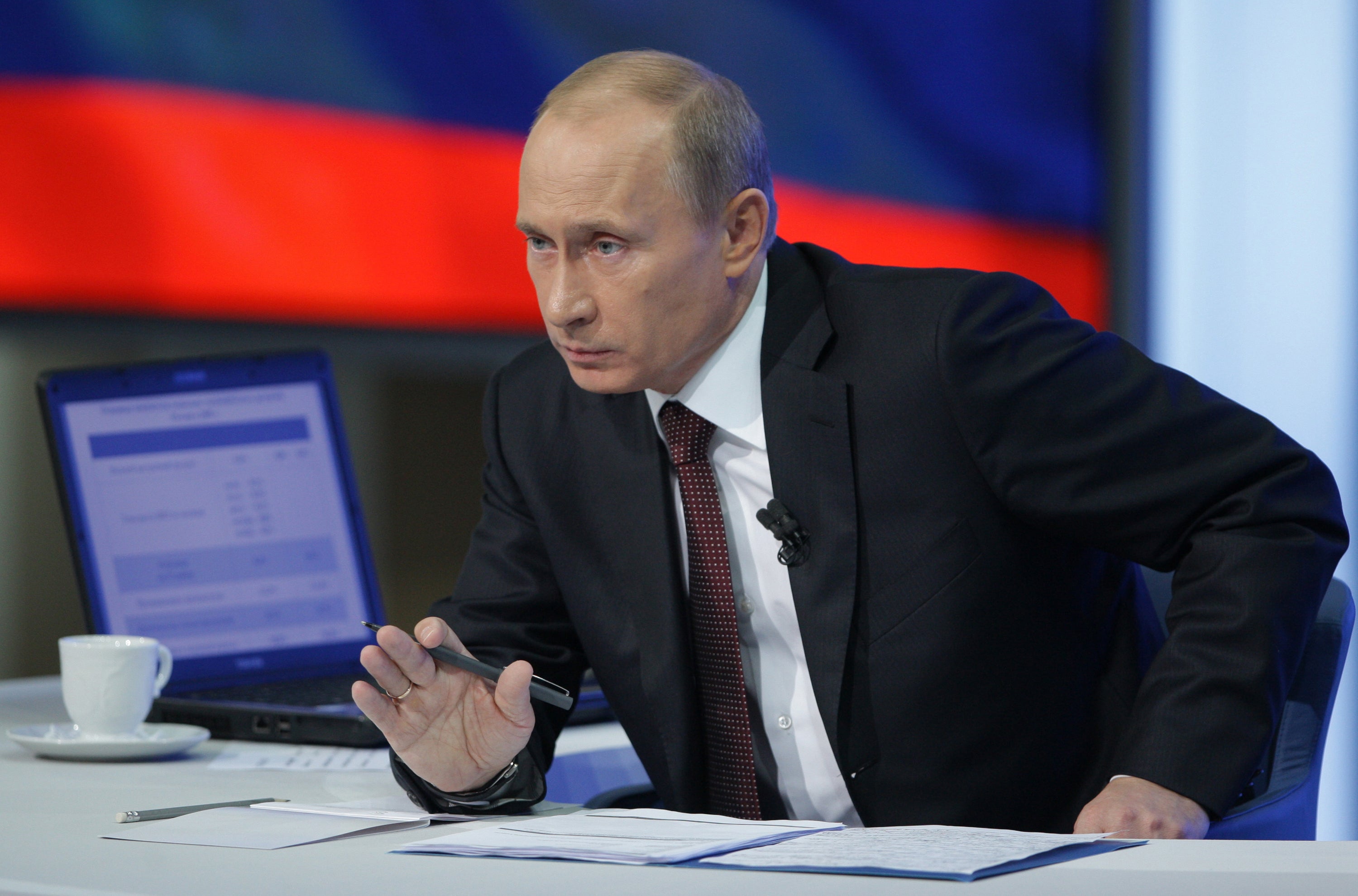Ukraine demands that Russia be cut off from the internet to stop ‘atrocious crimes’
Russia has used an online ‘propaganda machine’, dedicatedly ‘spreading disinformation, hate speech, promoting violence and hiding the truth’, Ukrainian officials say

Ukraine has asked two international internet bodies to remove Russia from the internet.
Two representatives for Ukraine, Andrii Nabok and deputy prime minister Mykhailo Fedorov, emailed the Internet Corporation for Assigned Names and Numbers (ICANN) and Réseaux IP Européens Network Coordination Centre (RIPE NCC) to “introduce strict sanctions against the Russian Federation in the field of DNS regulation”.
The government officials claim that Russia’s invasion of Ukraine violates the Geneva Conventions, but the “atrocious crimes” have been achieved due to “the Russian propaganda machinery using websites continuously spreading disinformation, hate speech, promoting violence and hiding the truth”.
The letter also says that Ukraine’s IT infrastructure has been attacked numerous times by Russia – which has caused the country to recruit a volunteer cyber army – and that Russia’s aggression could beget nuclear war.
It demands the organisations “revoke, permanently or temporarily, the domains ‘.ru’, ‘.рф’ and ‘.su’”, as well as revoking SSL certificates and shutting down domain name servers – commonly described as the address book of the internet - in Russia.
“All of these measures will help users seek for reliable information in alternative domain zones, preventing propaganda and disinformation”, it concludes.
The Kremlin did not respond to a request for comment from The Independent before time of publication.
Many large technology companies have already taken action to restrict Russian content. This includes Facebook and Instagram blocking RT and Sputnik, Google banning the YouTube accounts of the state-sponsored media, and Reddit quarantining its r/Russia subreddit for spreading misinformation.
However, many believe that walling Russia off from the rest of the internet could have dramatic consequences. Russia has previously tested attempts to launch a country-wide alternative to the global internet, but such demands may exacerbate this isolationism.
Bill Woodcock, an executive director of the internet infrastructure NGO Packet Clearing House, tweeted that the actions would make “Russian civilian Internet users much more vulnerable to man-in-the-middle attacks, such as are used to compromise banking credentials and web site passwords” while having little to no effect on the Russian government and military.
“In the short-term, this is a bad plan because it would cut the Russian man-on-the-street off from international news and perspectives, leaving them with only what the Russian government chooses to tell them. That’s not a great way to decrease Russian public support for the war”.
The former president of the ICAAN supported this analysis. “Keeping the protocol layer operating in Russia is the best way to ensure that sites carrying diverse views to Russian audiences are effective”, Paul Twomey wrote in a reply to the Twitter thread.
Subscribe to Independent Premium to bookmark this article
Want to bookmark your favourite articles and stories to read or reference later? Start your Independent Premium subscription today.

Join our commenting forum
Join thought-provoking conversations, follow other Independent readers and see their replies